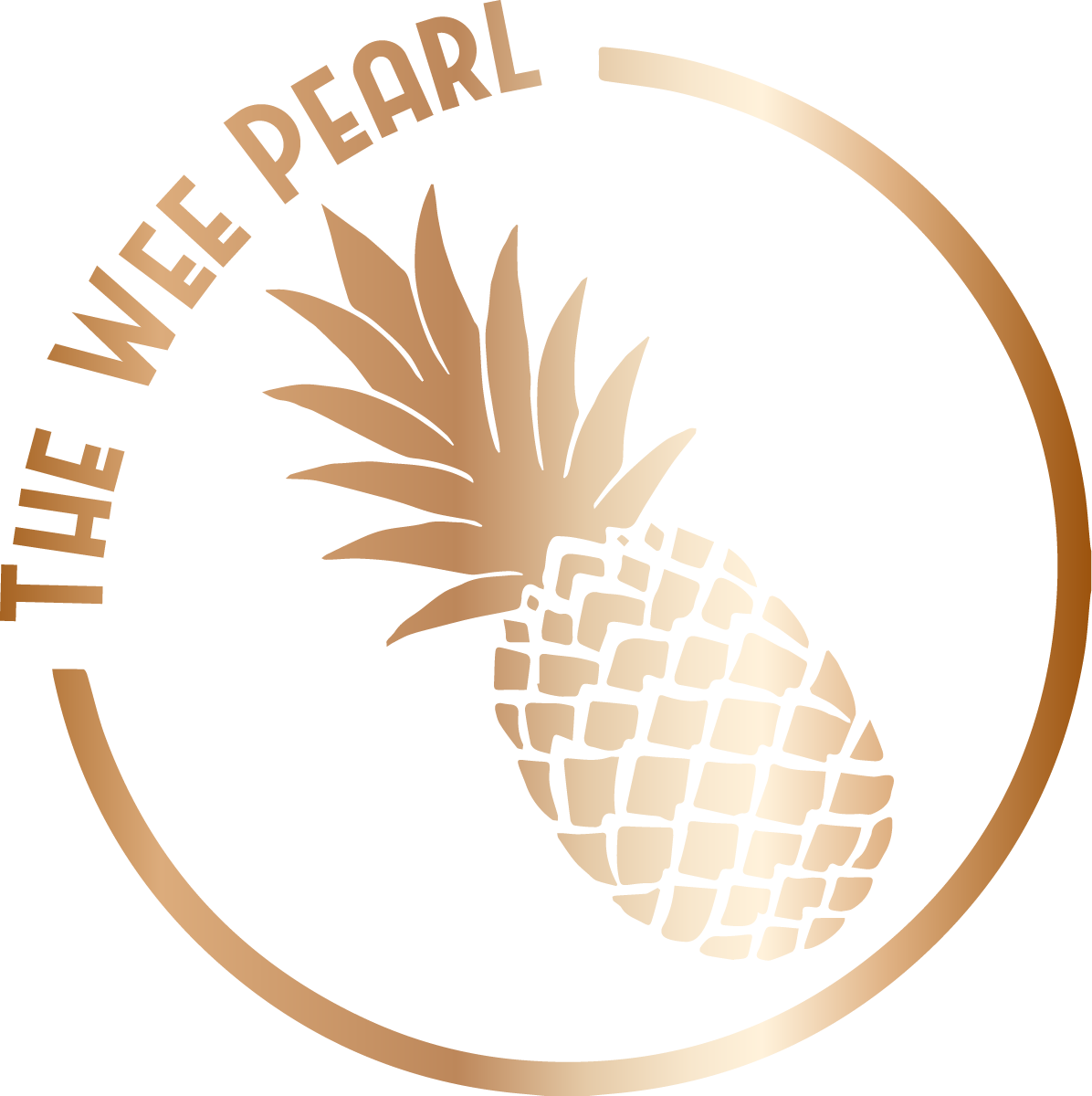Non Alcoholic Campari
This post contains affiliate links: As an Amazon Associate I may earn a commission from qualifying purchases at no additional cost to you.
All the bitter bite without the buzz. This is non alcoholic Campari recipe adds so much complexity to non alcoholic Negronis and Spritzes.
This post is all about making your own non alcoholic Campari. I used a lot of these ingredients in my alcoholic version of Campari. It came out so delicious with all those original bitter notes but without as much sugar and absolutely no artificial ingredients or coloring agents. I actually used the original dye agent cochineal bugs which we’ll also be using in this recipe.
You’ll need the following equipment:
Ingredients:
Lemon
Grapefruit
Rosemary
Thyme
Marjoram
Turkish Rhubarb Root
Thujone Free Wormwood
Orris Root
Bitter Orange Peel
Angelica Root
Cochineal Bugs
Ginseng Root
Gentian Root
Sugar
Water
Similar to the alcoholic version, I will be making this in several parts. I had to get creative on how to extract the botanicals without using alcohol. Many of the flavor compounds in the dried herbs are water soluble, but some of the heartier roots will need something a bit stronger to extract their flavors. For ingredients like Ginseng, Angelica root, and Orris root among some others, I’ll be making a glycerin tincture. I’ve used glycerin before to make the orange bitters component in my non alcoholic triple sec.
For the fresh citrus peel, I will be making an oleo sacchrum. For the red colored syrup, I will be making a rich simple syrup and adding ground cochineal bugs to color it. Cochineal bugs were actually used to dye the original Campari its iconic red before they started using food coloring around 2006.
Because glycerin isn’t as strong of a solvent as ethanol, I will be making the tincture first to give it ample time to extract all the flavors from the roots and dried citrus components. For the glycerin extraction I will be mixing a 2:1 ratio of water to glycerin. I am using 4 ounces of water and 2 ounces of glycerin to make a 6 oz glycerin mixture. To this mixture, I’ll be adding:
6 grams Angelica root, 6 grams into orris Root, 1 grams grated ginseng root- if you can find ginseng tea, or already ground ginseng root, that’s your best bet as the root is pretty tough to grind. 10g gentian root, 2 g Turkey rhubarb root, and 25g bitter orange peel. This will need to infuse for about 4 weeks. I like to shake it up every once in a while to help the infusion along.
For the oleo sacchrum, I’ll be using 20g of both lemon and grapefruit peel and covering it with 40g of sugar. I like to make the oleo sacchrum in a plastic bag. It’s easier to massage the peels and sugar to extract the citrus oils. After giving the peels a nice long massage, I let them rest overnight. By the next morning, there are no more visible sugar crystals. Just remove the peels, and the oleo sacchrum is ready!
Once the tincture and oleo sacchrum are ready, we can move on to the next step which is making an herbal tea.
To my French press I’ll add: 6g wormwood, 2 grams marjoram, 2 grams thyme, 2 grams rosemary, 2 grams cinnamon, 1 star anise pod, 3 grams cloves, then cover them with 1.5 cups of hot water.
While the herbs are steeping, I’ll make red syrup. I’ll grind about 2g of cochineal bugs in a mortar and pestle until its a fine deep red powder. I’ll heat 1/4 cup of water with 1/2 cup of sugar and let it boil until all the sugar has been dissolved. I’ll remove the syrup from the heat and then stir in the pulverized cochineal bugs. I’ve seen a recipe that suggests adding cochineal bugs to the sugar and water and cooking it together for a few minutes. I do not recommended this method. In my experience, cooking the cochineal bugs gives the syrup a very strange coppery taste and strange metallic smell. I think its best to add the cochineal after making the syrup, stir to combine and let it cool. Once its cooled a bit, I’ll strain out the bug particles and set it in the fridge with the strained herbal tea.
The last step is to mix it all up!
I’ll add the tincture, herbal tea, oleo sacchrum and red syrup together and stir to combine. To make up the remaining volume, I’ll add 1 cup of distilled water. This will help to soften the more bitter and sweet elements.
This is ready to use now, but I recommend letting it bottle condition for a couple of weeks for the citrus flavors to come forward.
I really like to use this as an Aperol or Campari replacement in a multitude of non alcoholic or low ABV cocktails. It works wonderfully in a spritz or Negroni- whether its non alcoholic or a low ABV version.
This was my attempt at recreating a non alcoholic version of the original recipe. If you are going to make your own attempt please use caution when sourcing your ingredients. Read and research as much as you can. Use your best judgement and be safe if you are going to try this.
Ingredients:
Lemon
Grapefruit
Rosemary
Thyme
Marjoram
Turkish Rhubarb Root
Thujone Free Wormwood
Orris Root
Bitter Orange Peel
Angelica Root
Cochineal Bugs
Ginseng Root
Gentian Root
Sugar
Water
Method:
Combine 4oz water with 2 oz glycerin, add 6g Angelica root, 6g Orris root, 1g grated ginseng root, 10g gentian root, 2g Turkey rhubarb root, and 25g bitter orange peel. Stir to combine and let infuse for 4 weeks. Shaking everyone in a while.
Peel 20g of lemon peel and 20g of grapefruit peel. Add to a plastic bag and cover with 40g of sugar. Massage together until a syrup begins to form,. Set aside at room temperature for 24 hours. If any sugar crystals remain, massage them into the oil until they dissolve. Remove the peels and set aside.
Add 6g wormwood, 2 grams marjoram, 2 grams thyme, 2 grams rosemary, 2 grams cinnamon, 1 star anise pod, 3 grams cloves, to a French press, then cover them with 1.5 cups of hot water. Steep for 20 minutes.
Grind 2g of Cochineal bugs in a mortar and pestle until a fine dark red powder forms. Add 1/4 cup of water and 1/2 cup of sugar to a saucepan over medium low heat. Once sugar has dissolved remove from the heat. Whisk in the cochineal bug powder. Let it sit for 15 minutes, then strain out the bug particles using a fine strainer or nut milk bag.
Combine all root tincture, oleo sacchrum, herbal tea and red syrup. Let the non alcoholic Campari rest for 2 weeks in a bottle, and enjoy!
Keep this refrigerated and use within 3 months.















